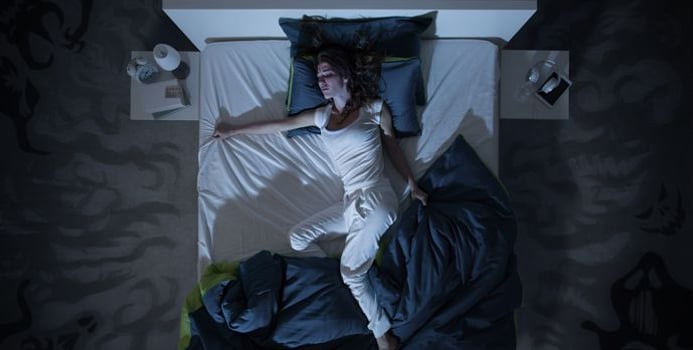Sleep is important, and without it, our bodies are unable to function properly. To highlight just how essential sleep is, the New York Post notes that according to research, over the course of their lifetime the average American “will spend 36 years in bed.” But this is not true for everyone, because there are some individuals who really struggle to fall asleep, and as a final resort they may be tempted to try a sleeping aid.
WebMD notes that a large percentage of the population (between half and a third) have trouble sleeping. A solution to this problem is thought to come in the form of a pill, most of which are classified as “sedative hypnotics,” the publication notes.
Harvard Health reports that “millions of Americans” rely on the use of prescription medication to help them get good’s night rest. These medications fall into three categories: Melatonin-receptor agonists, which target the melatonin receptors in the brain, the second is Benzodiazepine, which is designed to target gamma-aminobutyric acid (GABA) and “reduces nerve activity and promotes sleep,” and the third category is Nonbenzodiazepines. Like Benzodiazepine, the Nonbenzodiazepines also target GABA, but tend to have fewer side effects.
WebMD notes that you cannot know the side effects of a particular sleeping pill until you try it, but lists some common side effects of well-known prescription sleeping pills, including Ambien and Rozerem (among others). These include uncontrollable shaking, daytime drowsiness, diarrhea, headaches, heartburn, strange dreams, and weakness.
More complex side effects include parasomnias and potential allergic reactions.
It’s also important to note that sleeping aids are not meant for long-term use, and there are dangers involved, which sleep expert Dr. Lawrence Epstein, an instructor in medicine at Harvard Medical School, explained to Harvard Health.
"People develop a dependence on them. When you take them away, they get a temporary withdrawal reaction and can't sleep. But they think it's because they need the drug to sleep," he explained, noting that individuals should wean themselves off the drug and do so under a doctor’s supervision.
[Image via Shutterstock]



